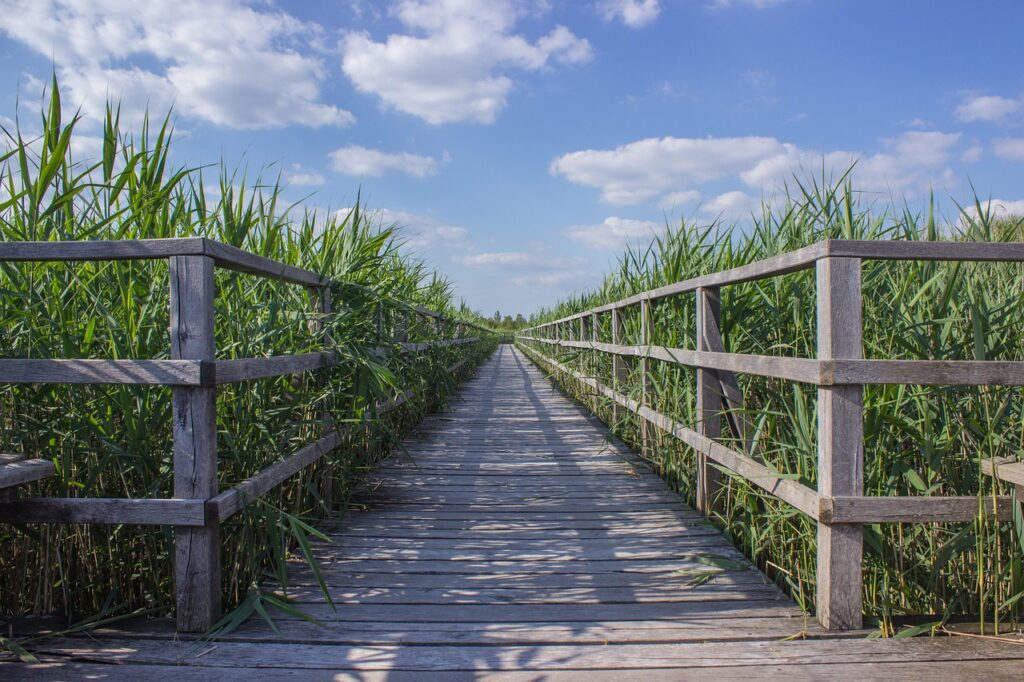
OUR FOCUS AREAS
CASAK (Care for Aging Sisters Association Kenya) supports members to offer and focus on key areas that ensure the holistic care and support of elderly Catholic sisters. These focus areas will address their physical, emotional, spiritual, psychological and social well-being of elderly and infirm sisters. These focus areas are and not limited to :-
1. Health and Medical Care
- Geriatric Health: Ensure access to regular medical care, including treatment for age-related conditions such as arthritis, diabetes, heart disease, and cognitive impairments like dementia.
- Nursing and Palliative Care: Provide professional nursing services and palliative care for sisters with chronic illnesses or at the end of life.
- Mental Health Services: Focus on mental health support through counseling, therapy, and addressing issues like loneliness, anxiety, or depression.
- Preventive Healthcare: Promote preventive measures such as vaccinations, health screenings, and nutritional guidance.
2. Spiritual and Pastoral Care
- Spiritual Enrichment: Offer continuous spiritual programs, such as daily prayers, retreats, sacramental celebrations, and spiritual direction.
- Pastoral Support: Ensure pastoral care is available for elderly sisters, helping them remain spiritually active and connected to their religious community.
- Chaplaincy Services: Collaborate with chaplains and clergy to provide regular spiritual guidance and sacraments like Eucharist, Confession, and Anointing of the Sick.
3. Residential and Assisted Living
- Safe Living Environments: Provide safe, comfortable, and accessible living facilities for elderly sisters, with provisions for those who are physically frail or disabled.
- Assisted Living Services: Offer support with daily activities, such as bathing, dressing, eating, and mobility for those who need help with basic personal care.
- Long-Term Care Facilities: Develop or maintain facilities where sisters can receive 24-hour supervision and care, ensuring a dignified and peaceful aging process.
4. Social and Emotional Support
- Community and Companionship: Foster a sense of community through social activities, group prayer, and recreational opportunities to prevent isolation.
- Emotional Support Networks: Establish emotional support systems where sisters can engage in peer-to-peer support, counseling, and sharing experiences with one another.
- Volunteer and Family Engagement: Encourage volunteers and family members to visit and engage with elderly sisters to strengthen their social connections and combat loneliness.
5. Advocacy and Awareness
- Elderly Rights and Welfare: Advocate for the rights and welfare of elderly religious sisters at the national and regional levels, promoting policies that support healthcare access, pensions, and living conditions.
- Public Awareness: Raise awareness about the needs of elderly Catholic sisters and their historical contributions to society, encouraging communities and individuals to offer support.
- Partnership Building: Establish collaborations with other organizations, such as religious groups, healthcare providers, and NGOs, to strengthen advocacy efforts and broaden resources for elderly care.
6. Financial Sustainability
- Fundraising and Donor Engagement: Focus on securing funding from donors, foundations, religious institutions, and individuals to support the care of elderly sisters.
- Social Enterprise: Develop small-scale income-generating activities, such as handicrafts, book publishing, or religious items, to help finance programs while engaging sisters who are still able to contribute.
- Endowment Fund: Establish an endowment fund to ensure long-term financial stability for the care and support of elderly sisters.
7. Training and Capacity Building
- Caregiver Training: Train caregivers and staff in geriatric care, ensuring they are equipped to handle the specific needs of elderly sisters with professionalism and compassion.
- Volunteer Training: Train volunteers on how to effectively support elderly sisters through companionship, assistance with daily activities, and spiritual engagement.
- Professional Development: Offer continuing education opportunities for healthcare providers, chaplains, and staff members to enhance their skills in elderly care.
8. Research and Innovation in Elderly Care
- Research on Aging: Conduct research on elderly care best practices, focusing on the unique needs of religious communities and the elderly population in Kenya.
- Innovative Care Solutions: Explore the use of technology in elderly care, such as telemedicine, health monitoring devices, or online spiritual resources to enhance care and support.
- Data Collection: Collect data on the health and needs of elderly sisters to improve services and tailor programs more effectively.
9. Legacy Preservation and Education
- Documenting Life Stories: Preserve the history and contributions of elderly sisters through storytelling, biographies, and historical records to ensure their legacy is honored.
- Mentorship and Knowledge Transfer: Engage elderly sisters in mentoring younger members of religious communities, sharing their wisdom, experience, and spiritual guidance.
- Faith and Vocational Formation: Promote faith formation activities where elderly sisters continue to play an active role in shaping the spiritual life of the Church.
10. Partnerships and Collaborations
- Collaboration with Religious Orders: Partner with other religious orders to share resources and best practices in elderly care.
- Healthcare and NGO Partnerships: Build partnerships with healthcare organizations, NGOs, and academic institutions to leverage expertise, resources, and innovation in elderly care.
- Interfaith Cooperation: Foster interfaith dialogue and cooperation in addressing the shared challenges of elderly care across religious communities.

